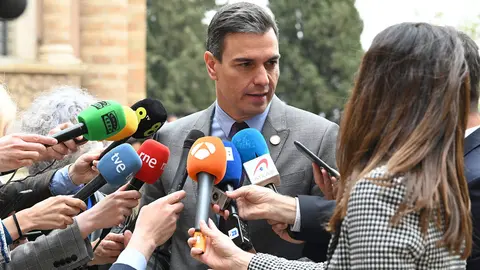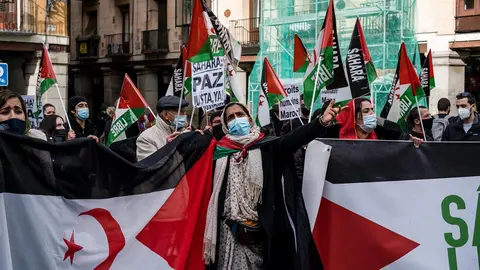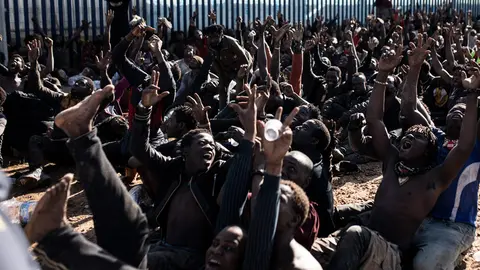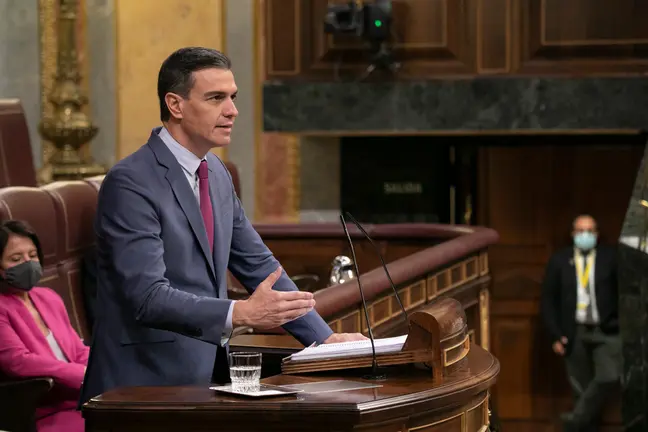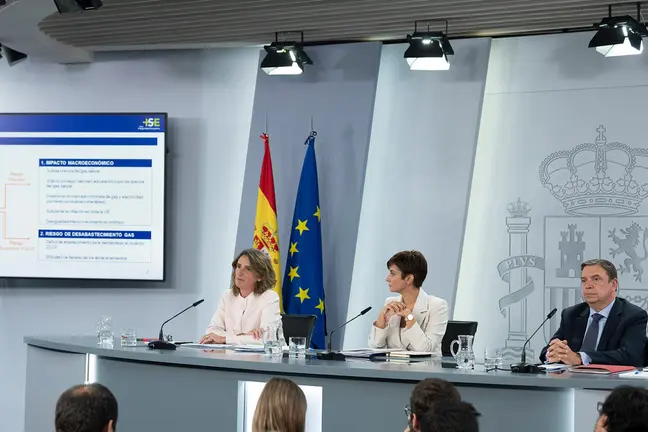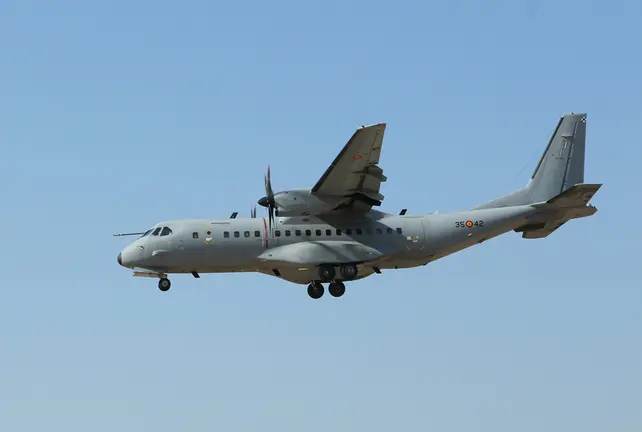Spanish Prime Minister Pedro Sanchez met on Thursday in Rabat with Morocco's King Mohamed VI to stage what the Madrid government is already calling the "new stage" opened in relations between the two neighboring countries after years of disagreements that eroded bilateral relations.
The meeting comes preceded by a historic change in position by Spain regarding the conflict in its former colony, Western Sahara.
For the first time, after 46 years of confrontation between Morocco and the Polisario Front, Spain has openly endorsed the Moroccan plan for Western Sahara to become an autonomous territory within the kingdom of Morocco.
This change in policy collides with the position of the United Nations, which defends the holding of a self-determination referendum in the former colony. But for Spain, which needs Morocco's help to control illegal immigration and to fight terrorism and mafias, 'realpolitik' prevails.
According to a statement from the Spanish government, the agreement reached to start this "new stage" in relations includes the reopening of the borders of Ceuta and Melilla -the two Spanish cities in North Africa- and the progressive recovery of "full normality" in the circulation of goods at border crossings.
The border crossings with Morocco in both cities have been closed since March 2020.
The pact also points to the reinstatement of "the appropriate customs and people control devices at land and sea level," the resumption of maritime connections between both countries and the so-called 'Operation Crossing the Strait', for which tens of thousands of North Africans who come from all over Europe cross Spain on their way home during the summer holiday season.
"This is a historic and necessary moment. Spain and Morocco are neighboring countries, friends and partners, so the bilateral relationship is strategic for both," said the Spanish Prime Minister at the Royal Palace of Rabat after meeting with Mohamed VI.
A controversial trip for Spain
Pedro Sánchez was invited by the Moroccan monarch to an 'iftar' in his honor. This is an important tradition during Ramadan with which the daily fast is broken immediately after sunset.
Sanchez's trip to Morocco has been preceded by controversy. In the Madrid Parliament, political groups - including the leftist partners in the coalition government Unidas Podemos - have denied support for the change of position regarding Western Sahara.
The first section of the pact between Spain and Morocco emphasizes Spain's "recognition" that the Moroccan proposal for Western Sahara is the "most serious, realistic and credible basis" for resolving the conflict. However, in the text there is no mention of the Spanish territorial integrity, nor of the Spanishness of the territories of Ceuta, Melilla and the Canary Islands, which Morocco has claimed throughout history.
Prime Minister Pedro Sanchez explained that this is so because "the national sovereignty of Spain is beyond any doubt."










